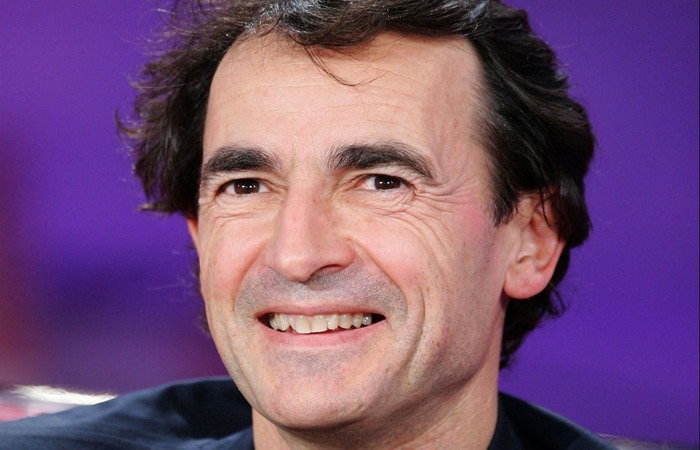
Albert Dupontel: A Versatile French Talent.
Albert Dupontel Birth and Early Career.
Born on January 11, 1964, in Saint-Germain-en-Laye, Yvelines, France, Albert Dupontel is a prominent figure in the world of cinema. His journey in the entertainment industry began in the late 1980s when he underwent training in comedy at the Théâtre National de Chaillot. It was during this period that he made his debut on the silver screen with notable roles in films like “La Bande des quatre” by Jacques Rivette and “Encore” by Paul Vecchiali.
The Rise to Fame
In 1991, Albert Dupontel took to the stage with his one-man show titled “Sale spectacle” at the Olympia. His unique blend of fierce and offbeat humor quickly endeared him to the public and established him as one of the most original artists of his time.
Diversifying His Portfolio
Building on his newfound popularity, Dupontel showcased his acting prowess in 1995 with a memorable role in “A Very Discreet Hero” directed by Jacques Audiard. This performance earned him a nomination for a César Award in the Best Supporting Actor category, solidifying his reputation in the industry.
In 1996, he took on a new role as a director, helming his first feature film, “Bernie,” in which he also portrayed the title character. The film’s scathing and provocative style may have divided opinions, but it undeniably showcased the unique personality of its creator.
Continued Success and Versatility
Albert Dupontel’s career continued to evolve, with appearances in diverse film genres, from shock-inducing works like “Irréversible” (2002) to classic dramas such as “From Blue to America” and “Two Days to Kill,” as well as popular comedies like “Little miseries,” “Monique,” and “Odette Toulemonde.”
He collaborated with acclaimed directors such as Jean-Pierre Jeunet in “A Very Long Engagement” (2004), Danis Tanović in “Fauteuils d’orchestre” (2006), and Cédric Klapisch in “Paris” (2008). His range extended to physically demanding roles, demonstrated in films like “Le Convoyeur” (2004), “Jacquou Le Croquant” (2007), “L’Ennemi Intime,” and “Chrysalis.”
ALSO SEE: Rashi Khanna Biography, Age, Career, Education and Net Worth
Albert Dupontel also surprised audiences by portraying the President in “President” (2006) and directed his third feature, “Enfermés dehors,” in which he portrayed a whimsical homeless character.
A Shift to Comedy with a Heart
In 2009, Dupontel shifted towards a wiser and less acidic style, presenting “Le Vilain,” where he starred alongside Catherine Frot. He reconnected with director Bertrand Blier a decade after “Les Acteurs” for “Le Bruit des glaçons” (2010).
Continuing Collaborations and Critical Acclaim
In 2011, Albert Dupontel joined forces with directors Benoît Delépine and Gustave Kervern once more, following their previous success in “Louise-Michel,” to deliver a dynamic performance in “Le Grand Soir.”
In 2013, he returned to the director’s chair for the fifth time with “9 Months Close,” reuniting with Sandrine Kiberlain after 18 years. The film received critical acclaim and garnered multiple César Awards.
Albert Dupontel Awards and Notable Works
In 2017, Dupontel directed “Au revoir là-haut,” an ambitious adaptation of Pierre Lemaitre’s novel set in the Paris of the Roaring Twenties. The film earned five César Awards in 2018, including Best Director for Albert Dupontel.
Recent Work and Ongoing Success
In 2020, Albert Dupontel made a return as a director with “Adieu les cons.” This film followed the story of Suze Trappet (Virginie Efira) on an emotional journey to find her abandoned child. “Adieu les cons” achieved critical acclaim and won seven César Awards, including Best Film and Best Direction.
Three years later, he directed the political comedy-drama “Second Tour,” featuring Cécile de France as a journalist investigating a mysterious presidential candidate.
Albert Dupontel’s illustrious career and versatile talents have solidified his status as one of the most influential figures in French cinema.











